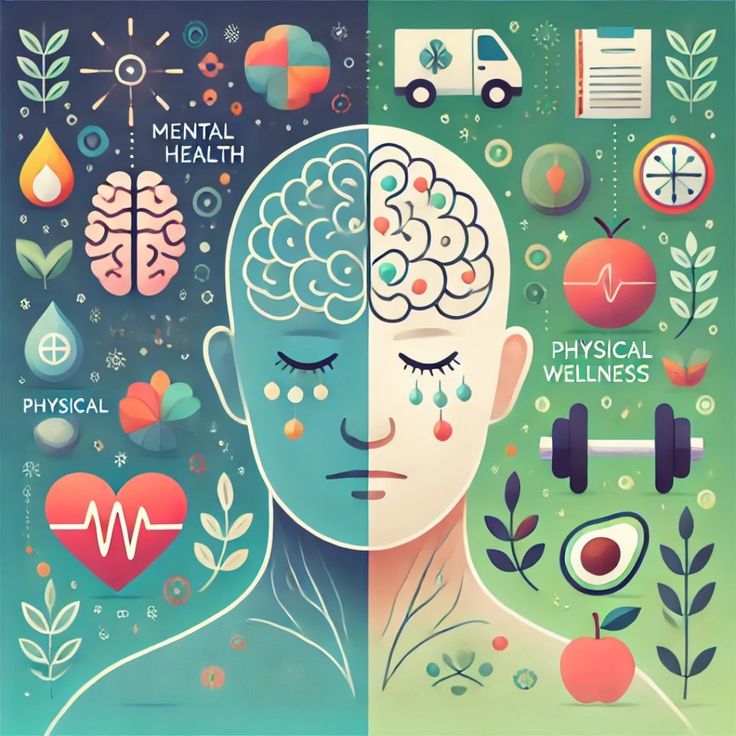
In a world that constantly demands more from us, self-care has become more than just a buzzword — it’s a science-backed strategy for maintaining both mental clarity and physical vitality. True self-care goes beyond spa days and Netflix binges; it involves intentional daily habits that support your well-being from the inside out. Let’s explore seven simple, research-supported practices that can transform how you feel every day.
1. Prioritize Sleep Like Your Health Depends on It (Because It Does)
Sleep is foundational to health. Studies show that 7–9 hours of quality sleep boosts memory, regulates mood, and supports immune function. Sleep deprivation, on the other hand, is linked to anxiety, weight gain, and chronic disease.
🛏 Tip: Create a wind-down routine — dim the lights, avoid screens 1 hour before bed, and stick to a consistent schedule.
2. Hydration Isn’t Optional
Your body is over 60% water, and even mild dehydration can impact mood, energy, and concentration. Research shows that drinking enough water improves cognitive function and even reduces anxiety in some individuals.
💧 Tip: Start your day with a glass of water, and carry a reusable bottle to remind yourself to sip throughout the day.
3. Move Your Body — Even If It’s Just a Walk
Exercise doesn’t have to mean an hour at the gym. Regular movement, especially aerobic activity like walking, dancing, or cycling, releases endorphins and reduces stress hormones.
🚶 Tip: Aim for at least 30 minutes of movement per day — a brisk walk counts!
4. Practice Mindfulness or Meditation
Mindfulness practices like meditation, deep breathing, or even mindful journaling can significantly lower cortisol (the stress hormone) and improve focus. A few minutes daily is enough to start seeing benefits.
🧘 Tip: Use apps like Headspace or Calm, or simply sit quietly and focus on your breath for 5 minutes.
5. Eat for Energy, Not Just Fullness
Whole foods — fruits, vegetables, whole grains, lean proteins — fuel your body and mind. Diets rich in processed food have been linked to mood disorders, while balanced nutrition supports brain health and emotional balance.
🥗 Tip: Add a serving of vegetables or a handful of nuts to one meal a day as an easy starting point.
6. Stay Connected with People Who Uplift You
Social connection is one of the most powerful predictors of long-term happiness and even longevity. Isolation increases the risk of depression and cognitive decline.
🤝 Tip: Make a habit of checking in with a friend or loved one weekly — even a 10-minute call can make a difference.
7. Set Boundaries to Protect Your Time and Energy
Overcommitting can lead to burnout. Learning to say “no” or setting limits on screen time and work hours is a powerful act of self-care that preserves your mental bandwidth.
🚫 Tip: Start by setting one small boundary this week — like turning off email notifications after 7 p.m.
Final Thoughts: Self-Care Is Not Selfish — It’s Strategic
Incorporating these seven habits into your daily routine doesn’t require a major life overhaul. Start small, stay consistent, and remember that taking care of yourself isn’t indulgent — it’s essential. When you prioritize your own well-being, you’re better equipped to show up for everything and everyone else in your life.